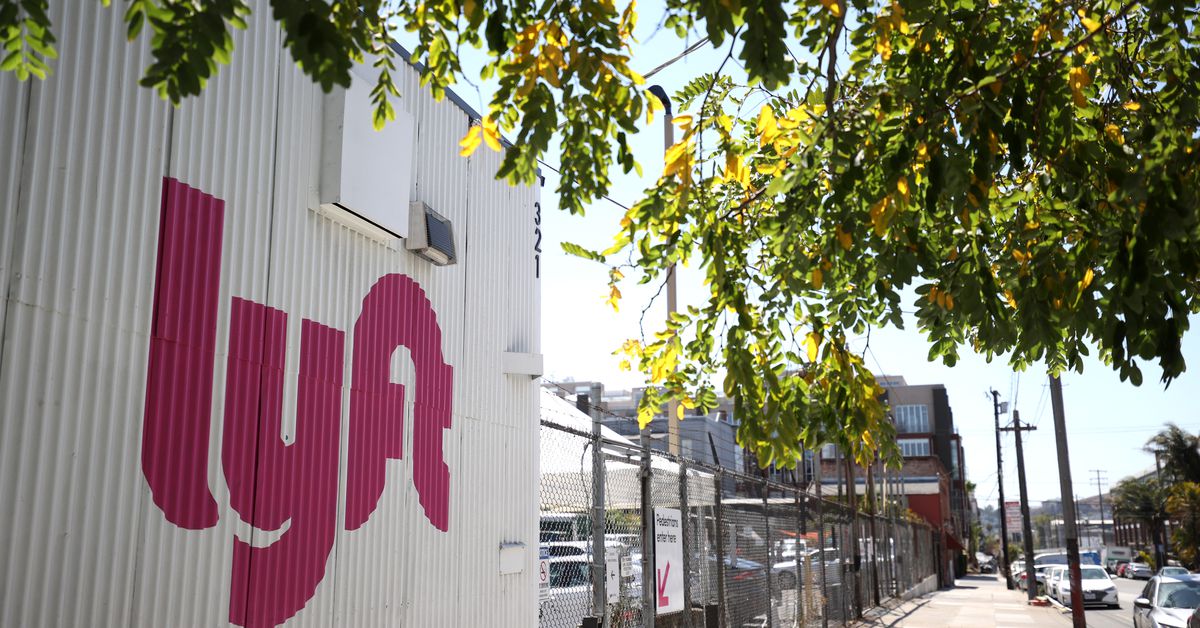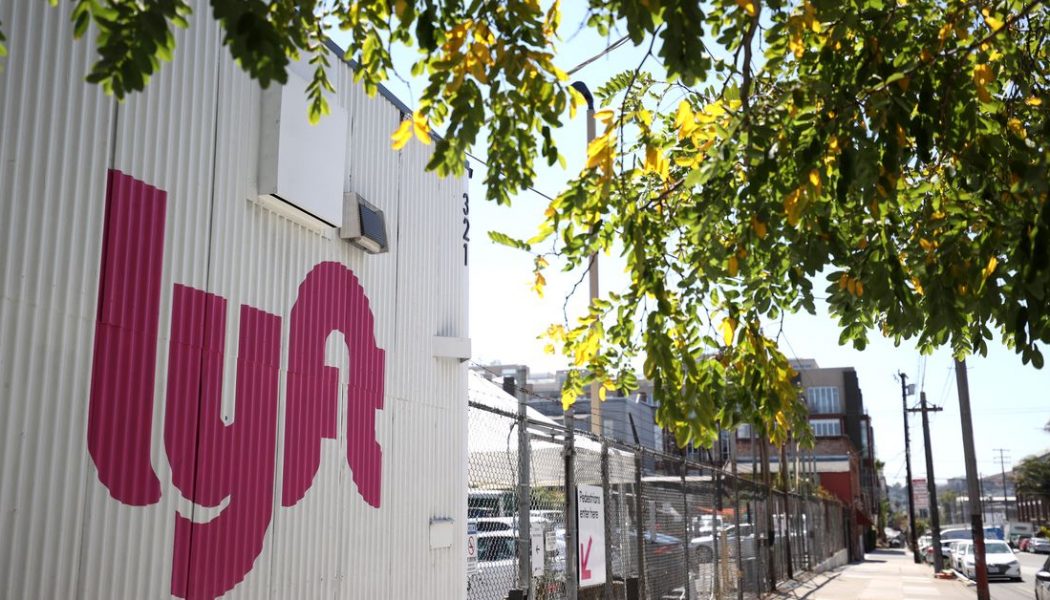
Lyft will suspend its ride-hailing operations in California at 11:59PM PT on August 20th, the company confirmed in a blog post. Along with Uber, the company was ordered by a state judge to employ its drivers rather than classify them as independent contractors. But Lyft is choosing to end its service in California rather than comply with that order — at least for now.
“This is not something we wanted to do, as we know millions of Californians depend on Lyft for daily, essential trips,” the company writes. “We’re personally reaching out to riders and drivers to share more about why this is happening, what you can do about it, and to provide some transportation alternatives.”
Uber has also said it will cease operations in California at the end of the day, though it has yet to officially confirm it. A spokesperson for the company did not immediately respond to a request for comment.
Lyft’s bike- and scooter-sharing services will still be operational in California, as will its car rental service and public transit navigation tool. More information about Lyft’s services in individual cities can be found here.
Uber and Lyft are under enormous pressure to fundamentally alter their business models in California, the state where both companies were founded and raised billions of dollars in venture capital. Uber and Lyft say drivers prefer the flexibility of working as freelancers, while labor unions and elected officials contend this deprives them of traditional benefits like health insurance and workers’ compensation.
In January, a new law went into effect called AB5, which makes it more difficult for companies to use independent contractors. The law was mostly targeted at ride-sharing companies like Uber and Lyft, which have built their businesses on the concept of independent contractors shouldering the costs of their work.
In May, California Attorney General Xavier Becerra, along with city attorneys of Los Angeles, San Francisco, and San Diego, sued the companies, arguing that their drivers were misclassified as independent contractors when they should be employees under AB5. Becerra later filed a motion for a preliminary injunction that could compel the ride-hailing companies to classify drivers as employees immediately.
California Superior Court Judge Ethan Schulman ruled in favor of Becerra, ordering the companies to immediately reclassify their drivers. “To state the obvious, drivers are central, not tangential, to Uber and Lyft’s entire ride-hailing business,” Schulman wrote.
But the companies have opted to shut down instead. In its blog post, Lyft blamed “Sacramento politicians” for pushing an “employment model that 4 out of 5 drivers don’t support.” The company says the change “would also necessitate an overhaul of the entire business model — it’s not a switch that can be flipped overnight.” (AB5 was signed into law in September 2019 and went into effect in January, nearly eight months ago.)
Both Uber and Lyft claim that under AB5, their services will be more expensive and less reliable. Lyft says that 80 percent of its drivers “would lose work and the rest would have scheduled shifts, and capped hourly earnings.”
But this won’t be the final word. Uber and Lyft, along with DoorDash, were successful in getting a proposition, Prop 22, on the state’s 2020 ballot that, if approved, would allow it to sidestep AB5 and continue classifying its drivers as independent contractors. Prop 22 also stipulates that the companies provide more benefits to drivers, such as a minimum wage and access to health insurance. Unions and other pro-AB5 groups argue these benefits fall short of what drivers would be entitled to as employees.
“We don’t want to suspend operations,” Lyft says. “We are going to keep up the fight for a benefits model that works for all drivers and our riders.”









